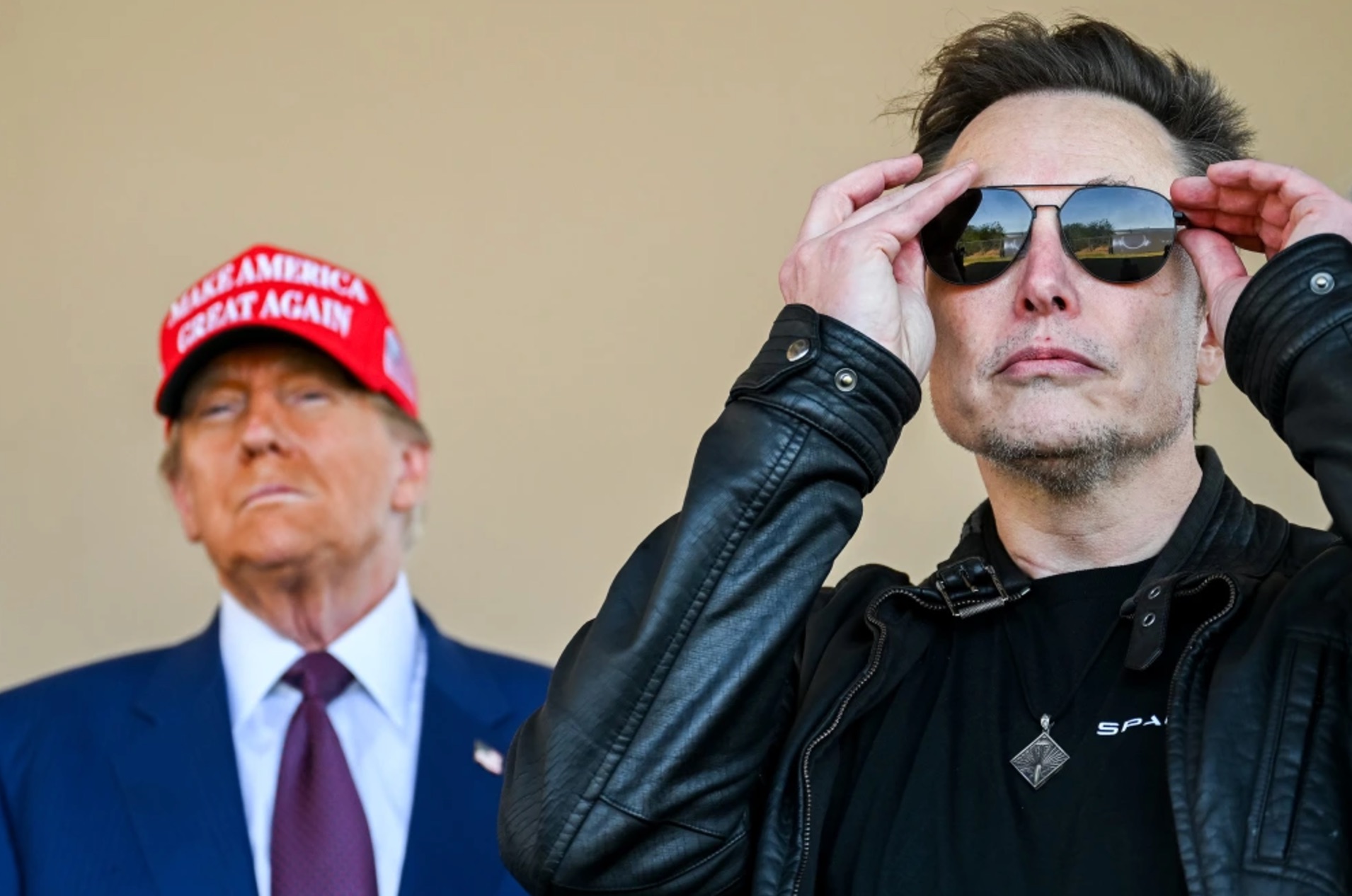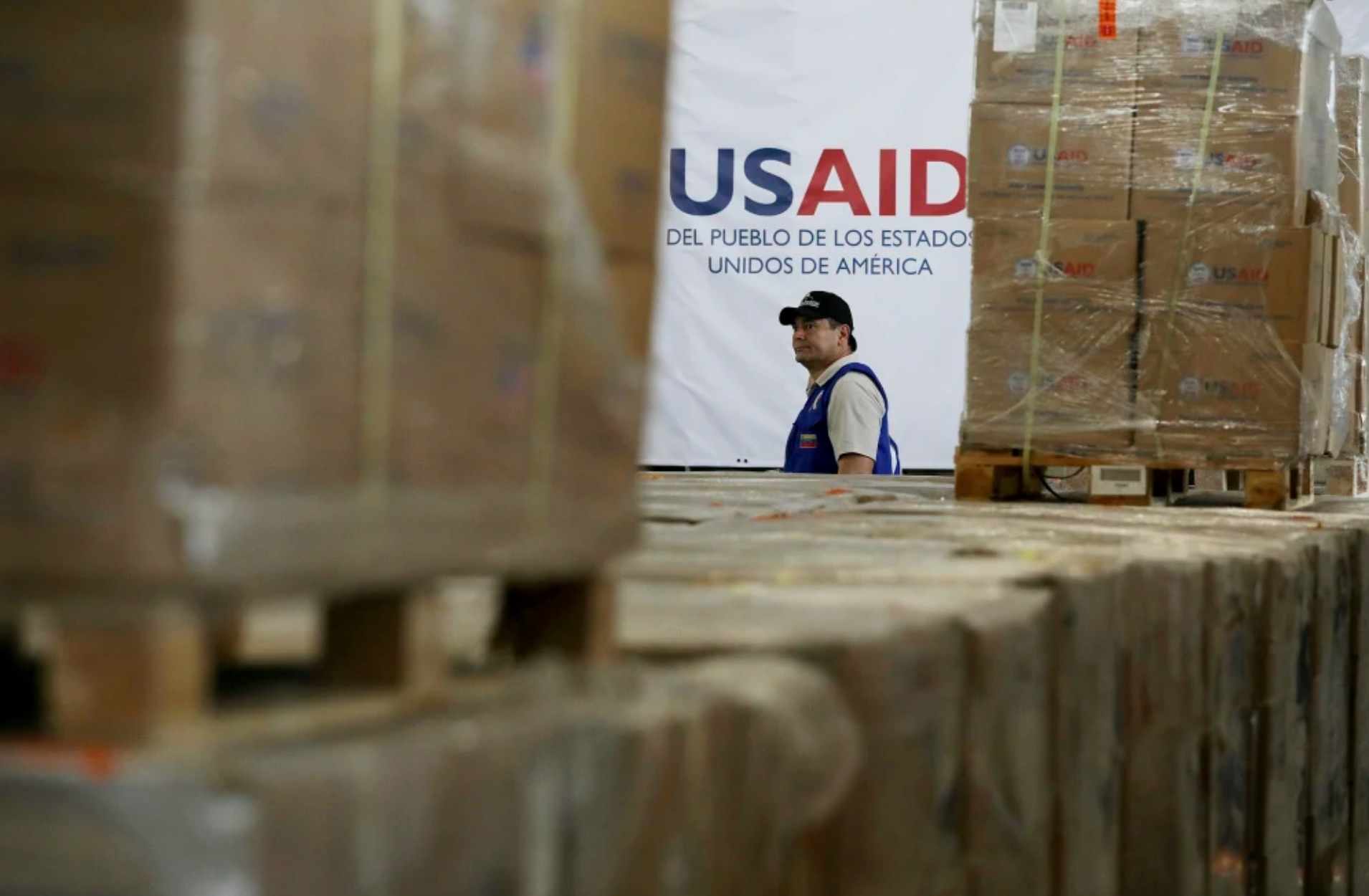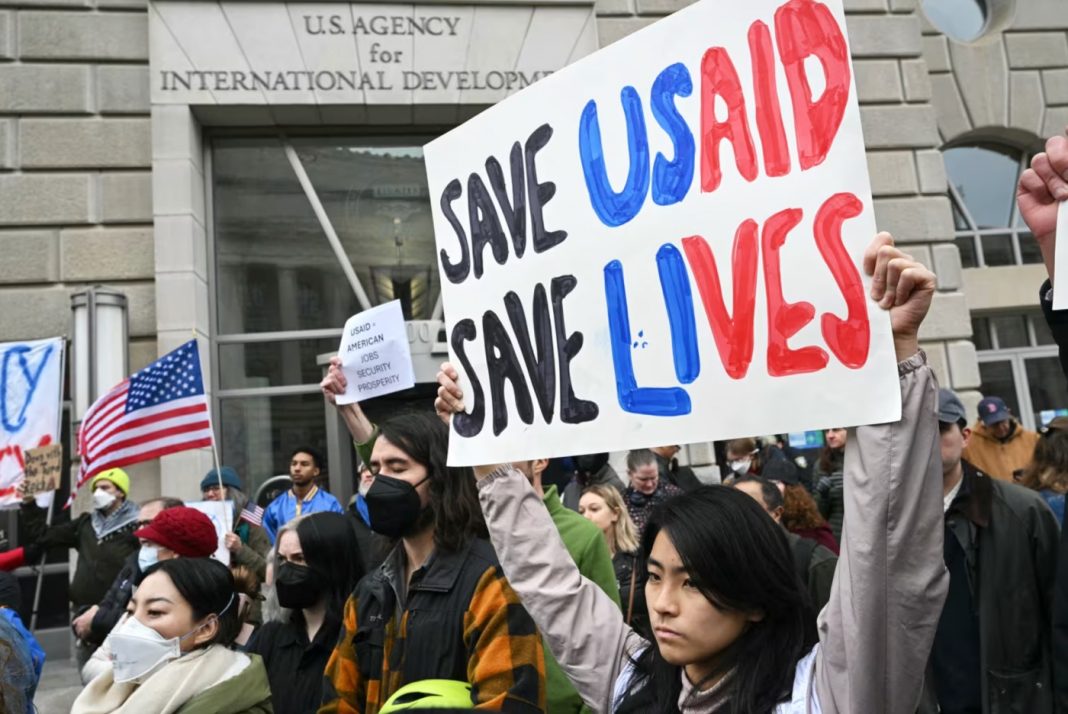WASHINGTON, USA — U.S. Agency for International Development, USAID, announced late Tuesday, February 4, 2025, that nearly all direct-hire employees worldwide will be placed on administrative leave by the end of the week.
This marks the latest step in the Trump administration’s sweeping overhaul of foreign aid programmes.
The move, posted on the agency’s website, comes after President Donald Trump and White House advisor Elon Musk openly declared their intent to shut down the agency, which provides billions in humanitarian aid across the globe.
Effective Friday at 11:59 p.m., the announcement states that all USAID direct-hire personnel will be placed on leave with the exception of select leadership and workers deemed essential for mission-critical functions.
Those exempt from the order will be notified by Thursday at 3 p.m.
The notice also outlines plans to repatriate U.S.-based employees currently working abroad whose roles are not deemed essential.
It concludes with a brief message: “Thank you for your service.”

Sweeping Impact on USAID’s Global Operations
The decision affects thousands of USAID employees, including civil and foreign service officers, as well as personal services contractors, a category of workers essential to USAID’s field operations.
The American Foreign Service Association (AFSA), which represents around 1,800 foreign service officers at more than 80 USAID missions overseas, strongly condemned the move, calling it an illegal dismantling of the agency.
USAID manages over $40 billion in foreign aid funding, assisting more than 100 countries, including Ukraine, Somalia, Ethiopia, Jordan, and the Democratic Republic of Congo.
The agency’s future remains uncertain as the Trump administration signals a radical shift in U.S. foreign policy.

Trump Administration Moves to Take Over USAID
Since taking office for his second term, Trump has pushed for aggressive cuts to foreign assistance, issuing an executive order on his first day freezing foreign aid for at least 90 days.
On Monday, USAID’s headquarters in Washington, D.C., were abruptly shut down, and Secretary of State Marco Rubio declared that he was assuming control of the agency.
Shortly after, he appointed State Department official Pete Marocco to oversee USAID’s operations.

Bipartisan Outrage and Legal Challenges
The move has drawn sharp criticism from lawmakers, with Democrats accusing the administration of acting unlawfully.
Some Republican officials have also expressed concerns about the agency’s fate and its role in U.S. diplomacy.
Congressional legal analysts warn that Trump does not have the authority to unilaterally dismantle USAID, citing the Foreign Assistance Act of 1961, which required the agency’s creation.
In 1998, under President Bill Clinton, Congress reaffirmed USAID’s independence through the Foreign Affairs Reform and Restructuring Act, legally separating it from the State Department.
A recent Congressional Research Service (CRS) report stated that only Congress can formally abolish USAID, making Trump’s decision vulnerable to legal challenges.
DOWNLOAD The Congressional Research Report HERE.

Elon Musk’s Role in USAID’s Shutdown
Elon Musk, who has become an influential figure within the Trump administration, has openly supported USAID’s elimination.
On Monday, Musk wrote on X that he and Trump were “shutting down USAID”, adding in a separate post: “We spent the weekend feeding USAID into the wood chipper.”
Musk’s exact role in the administration remains unclear, but a White House official described him as a “special government employee”, allowing him to directly influence federal policy.
Foreign Policy and Geopolitical Consequences
Experts warn that the dismantling of USAID could weaken U.S. influence abroad, particularly in South America and Africa, where the agency has played a crucial role in stabilisation efforts, humanitarian aid, and countering Russian and Chinese influence.
Without USAID, analysts predict that Russia and China could expand their geopolitical reach, offering infrastructure projects and economic assistance to nations that previously relied on American aid programmes.

What’s Next?
With thousands of USAID employees on administrative leave, the agency’s future remains uncertain.
Congressional Democrats have vowed to fight the move legally, while Trump and Musk continue to press for its dismantling.
Meanwhile, millions of people worldwide who rely on U.S. humanitarian aid could face disruptions in food security, healthcare, and economic assistance.
More details are expected in the coming days as Congress, federal agencies, and international allies react to the administration’s latest move.







